Throughout the ages, girls and women have been told their hair is their crowning glory. It's the first thing most people notice about women and is used as a measuring stick for our character and personality. Cosmetology was one of the few careers open to Black men and women in the early 20th century, and barbershops and beauty shops became centers for the community to meet, greet and discuss problems. During African American History Month, we're exploring the emphasis placed on hair in the Black community.
Archival Collections
Two collections in the Vivian G. Harsh Research Collection at Woodson Regional Library examine the history of Black cosmetology nationally and right here in Chicago.
Marjorie S. Joyner
Marjorie S. Joyner (1896-1994) took her interest in Black hair care to become the spokeswoman for Madame C.J. Walker’s products. She also engaged in educational and community activism with Mary McLeod Bethune and ran the Chicago Defender Charities for over five decades. Joyner invented the permanent wave machine, a new hair straightener, in 1928.
Annie Turnbo Malone
Annie Turnbo Malone (1869-1957), founder of Poro College and Poro beauty products, was one of America’s earliest and most successful African American beauty culture entrepreneurs. Before African American women had access to professional hair care and products, she invented her own hair care preparations and equipment. Malone devised a worldwide franchise system of marketing. By the mid-1920s, the Poro enterprise had made Malone one of the wealthiest African Americans in the country. Her papers and her nephew's are collected in the Robert French Papers.
Books and Movie
The comedic documentary Good Hair, starring Chris Rock, evolves from a question his young daughter asked: "Why don't I have good hair?" Interviews in the film explore the importance of hair in Black culture. If your own child needs answers, our children's librarians recommend books for kids exploring the various styles, history and care of Black hair.
Styling Jim Crow deals with African American beauty training during the era of segregation in America and draws heavily on primary source materials from special collections in Houston, Indiana and Chicago.
Ingrid Banks, author of Hair Matters, uses her voice to illustrate how Afros, braids, cold waves, locks, etc., are more than styles and operate on social and political levels in the Black communities.

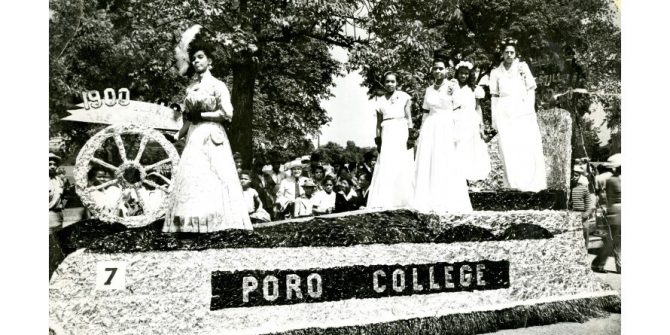
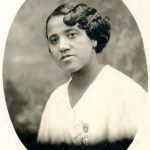
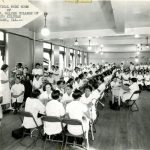
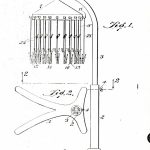
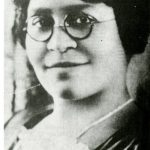

Add a comment to: Her Crowning Glory: A Look at Black Hair in History